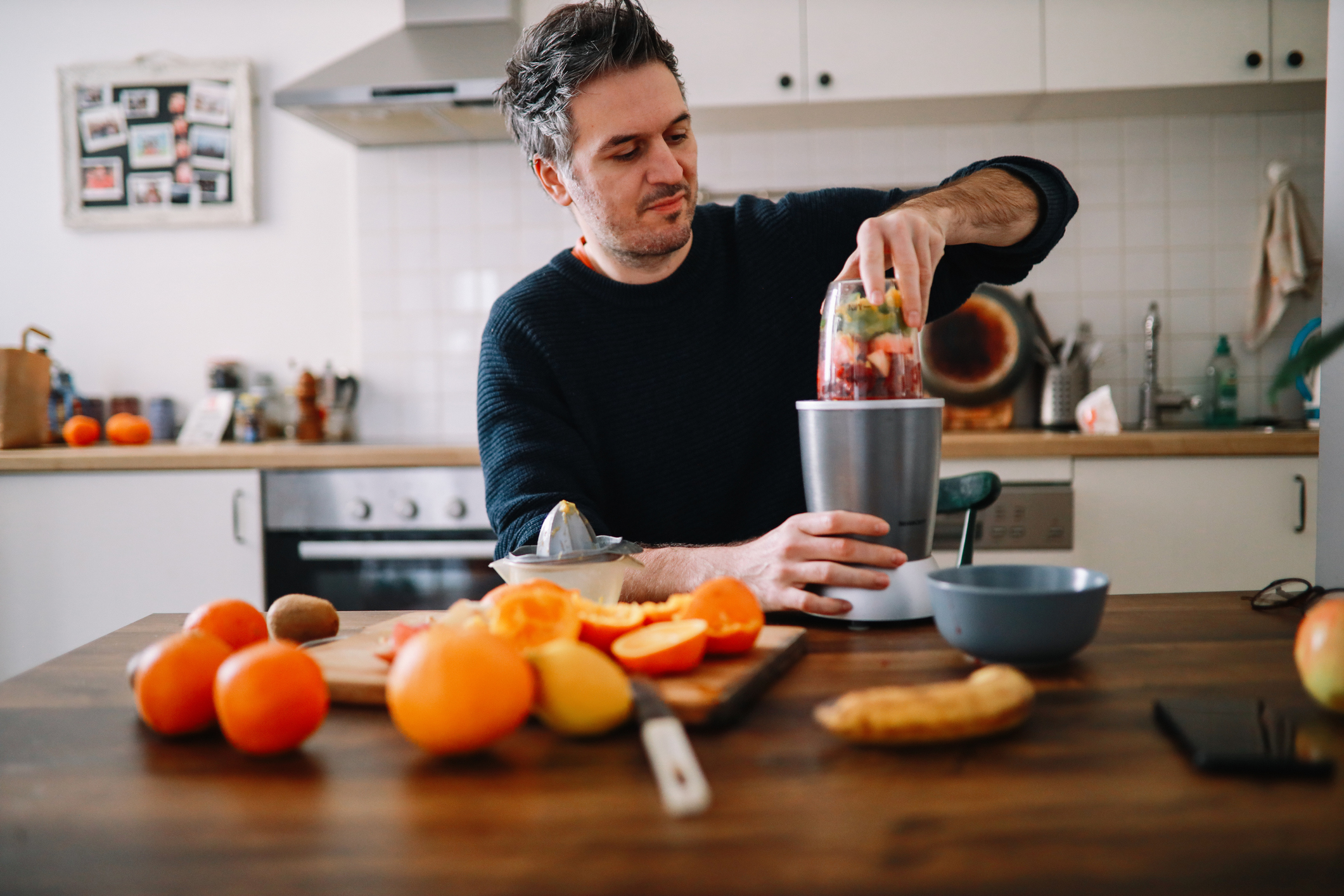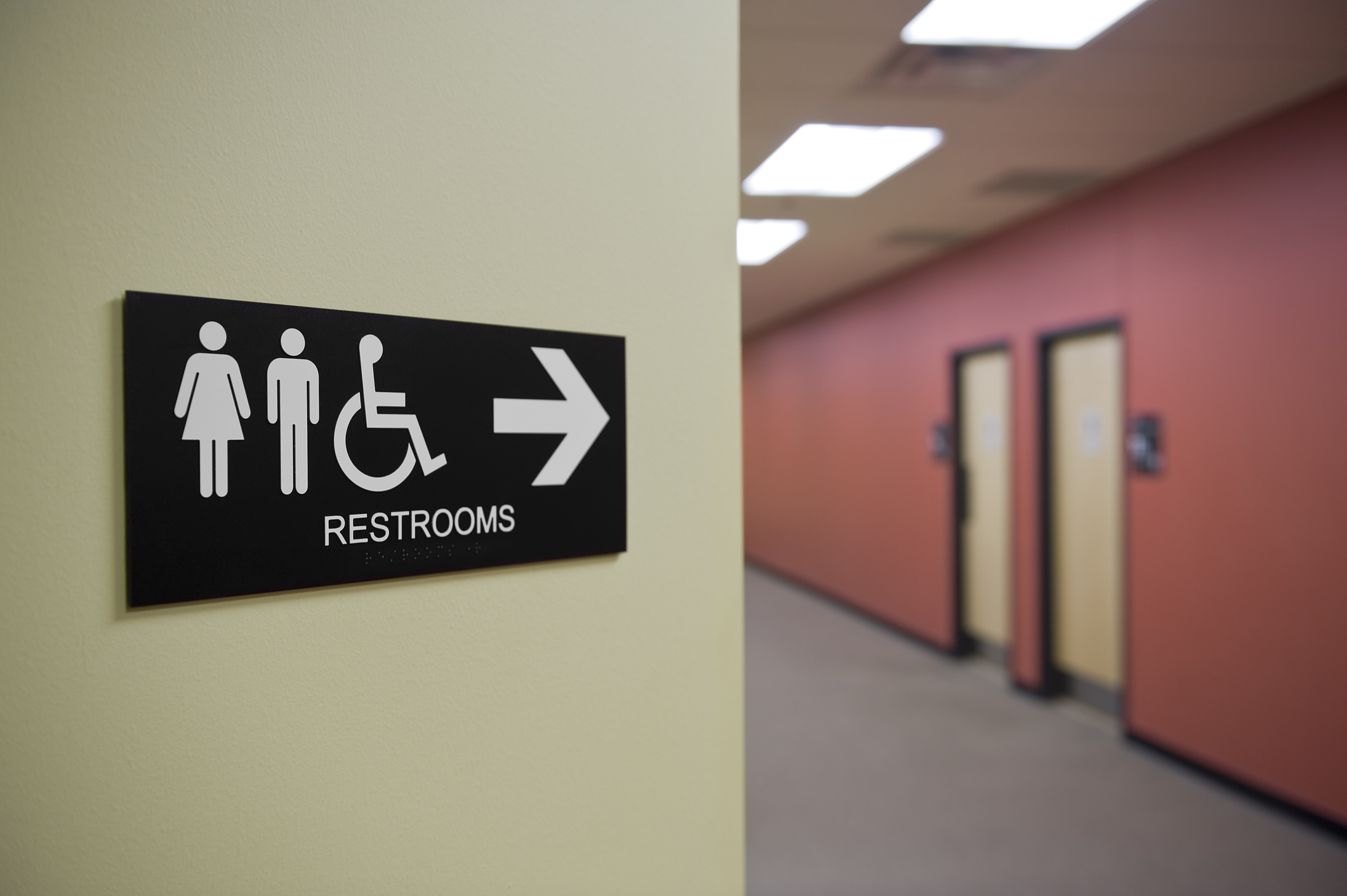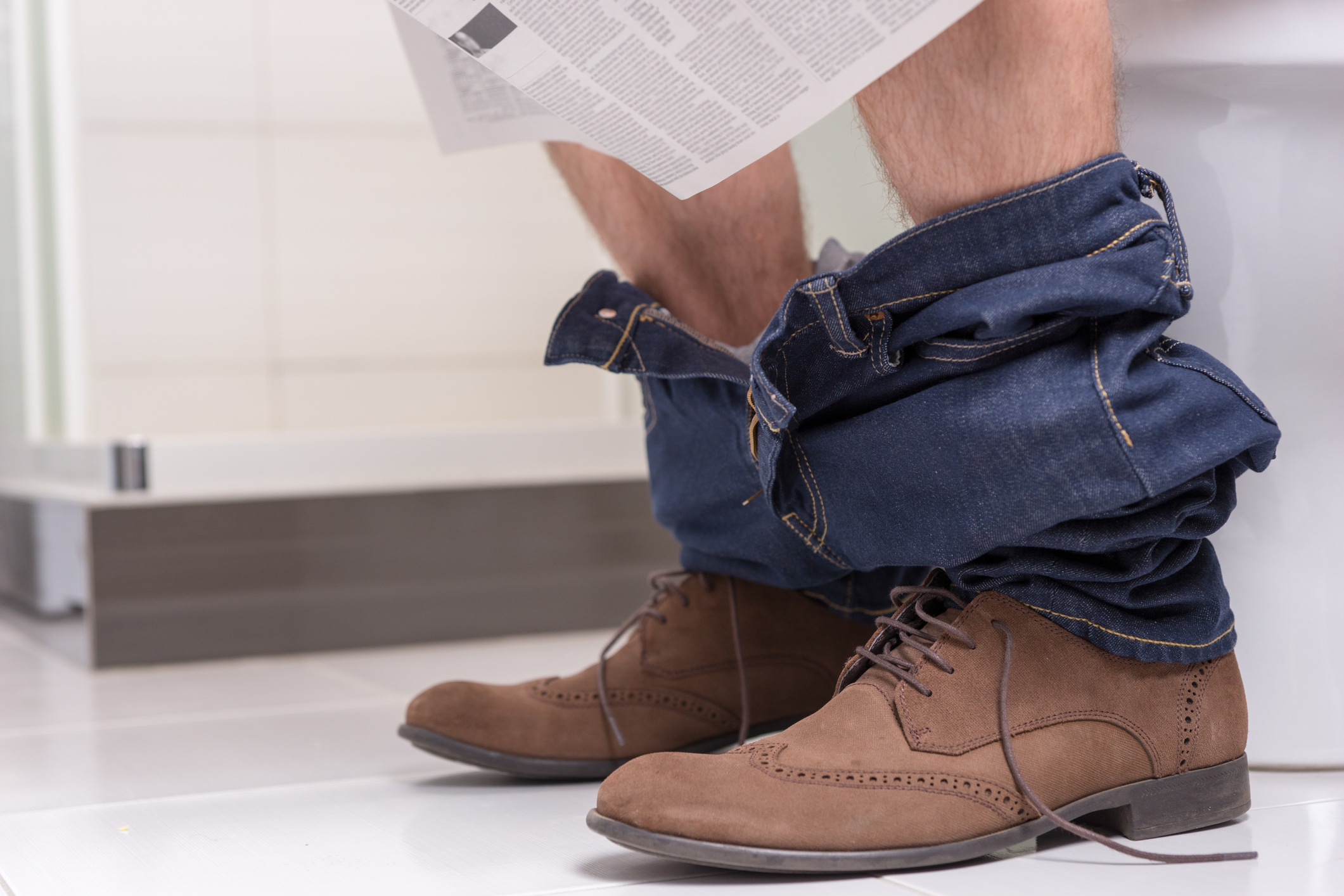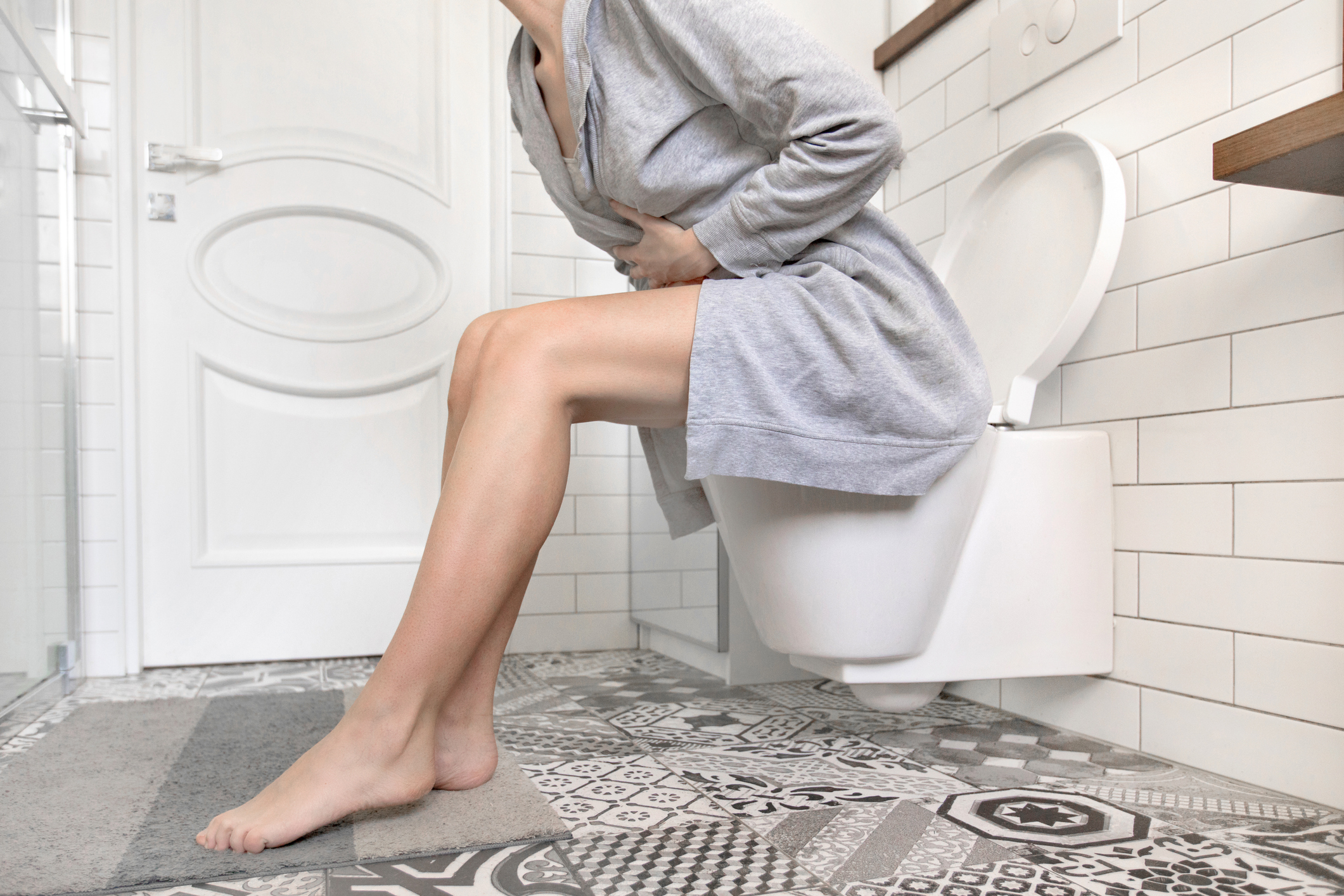
Hemorrhoids — commonly referred to as piles — are swollen veins in the lower rectum and anus, similar to varicose veins. There are two types of hemorrhoids, known as internal hemorrhoids and external hemorrhoids. Internal hemorrhoids can develop inside the rectum, whereas external hemorrhoids can also develop under the skin around the anus.
Hemorrhoids are a common condition that affects many people at some point during their lives. Fortunately, there are many effective treatment modalities to improve hemorrhoids. Additionally, natural hemorrhoid prevention can help minimize the risk of hemorrhoids developing. Many people experience
improvement with hemorrhoid treatments and preventive lifestyle changes.
You can take steps to prevent hemorrhoids, which may also minimize their unpleasant and painful side effects if they occur. Hemorrhoids are highly treatable and can be prevented with proper care and lifestyle changes. Hemorrhoids often worsen over time, so you should receive prompt medical treatment as soon as they appear. Additionally, the risk of developing hemorrhoids is greatly reduced if the stool is kept soft.
Understanding the causes of hemorrhoids can also give some insight into how to prevent them. While we can’t always prevent hemorrhoids, especially if age is a factor, there are some ways you can lessen the likelihood that you’ll experience this problem. If you’ve experienced painful piles in the past, you’ll be glad to know there are steps you can take to help with prevention:

Staying hydrated is important if you want to maintain good health and prevent constipation. The amount of water you need depends on factors like your activity level. According to experts, the average man should have about 3.7 liters of water every day, and the average woman should have about 2.7 liters. These totals include all the fluids we take in, which partly come from food. A simpler guide that works well for most people is to drink eight glasses of water every day.
Proper hydration is a cost-effective and simple way to lower the likelihood of developing hemorrhoids. When you combine a healthy diet and adequate hydration, you may also see improvement in promoting healthy bowel movements. By decreasing constipation, staying hydrated can help reduce straining when passing a bowel movement.

Eating a healthy diet rich in fiber is also a good way to prevent constipation and improve your overall health. Unfortunately, most Americans consume less than half of the recommended amounts of fiber each day. Avoid high-fat, low-fiber foods and instead look for fruits, vegetables and grains that are naturally high in soluble fiber.
Hemorrhoids are more likely to occur in people who have irregular or infrequent bowel movements. One of the most natural ways to become more regular is to eat a high-fiber diet or add fiber supplements to your diet. While additional fiber may cause excess gas, it provides numerous benefits to those who are more prone to developing hemorrhoids. Other high-fiber foods include legumes and whole grains.

When you feel the urge to go to the bathroom, try not to put it off. Waiting too long could cause the stool to harden, making it harder to pass. If you want to avoid straining, pay attention to your body’s natural urges. If you’re struggling with bowel movements, don’t strain too hard or spend too long on the toilet. If you can’t have a bowel movement within two minutes, come back later and try again.
Listening to your body and going to the bathroom when you need to can help lower your risk of developing hemorrhoids. If you are going out for the day or on a trip, it can help to know where restrooms may be located.

As we’ve seen, sitting for long periods can put undue pressure on the rectum, so try to move around whenever you can. If you work an office job, take breaks to stand up or try using a sit-stand desk, so you’re not sitting for hours at a time. Maintaining a more active lifestyle overall through exercise can also help you maintain a healthy weight, reducing your risk of experiencing hemorrhoids.
Following a moderate exercise routine can help prevent various digestive issues in addition to internal hemorrhoids and external hemorrhoids. If you remain sedentary for too long, your digestive system and bowels may begin to slow down. Exercise helps keep your bowels moving properly and processing food. Staying physically active can help avoid constipation or overly hard or dry stools.

Limiting the time you spend on the toilet can help prevent excessive straining or pressure on the rectum. If you sit on a toilet for an extended period, you are more likely to strain yourself during a bowel movement. Sitting on the toilet also adds stress to the anal blood vessels, increasing your risk of hemorrhoids.
Only remain on the toilet as long as necessary to use the bathroom comfortably. To avoid excess time in the bathroom, try not to use your cellphone or read a magazine. While you should not rush a bowel movement, you should also avoid spending an excessive amount of time on the toilet.

One of the most important aspects of hemorrhoid prevention is to avoid straining when using the bathroom. Straining and excess stress and pressure on the rectum’s veins and blood vessels is one of the leading causes of worsening or bleeding hemorrhoids. In many cases, people often strain themselves by forcing a bowel movement if they are constipated.
There are other forms of straining to be mindful of and avoid, if possible. Factors that may lead to straining include lifting heavy objects, pregnancy or even chronic or long-lasting cough. If you are prone to developing hemorrhoids, it is essential to be mindful of these actions and avoid straining inside and outside the bathroom.